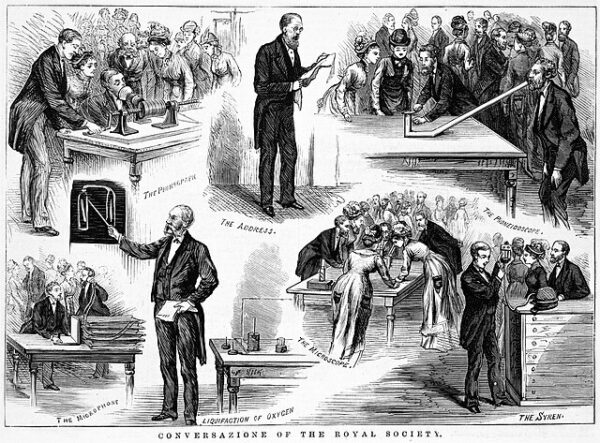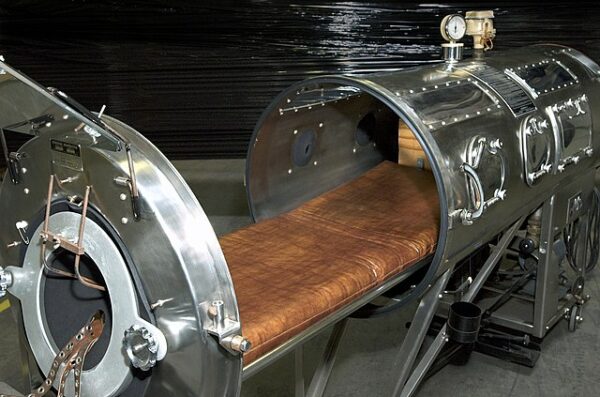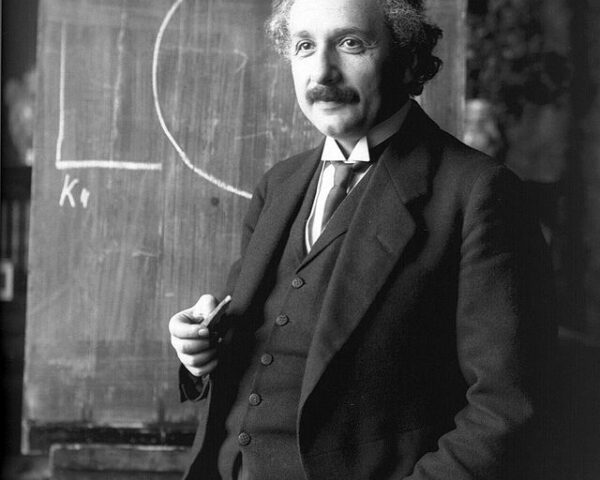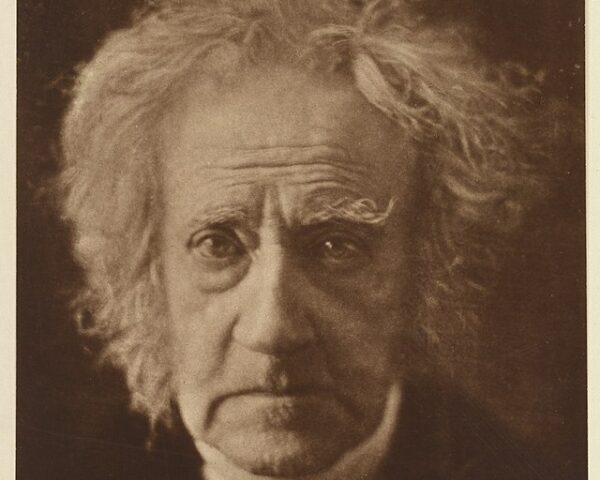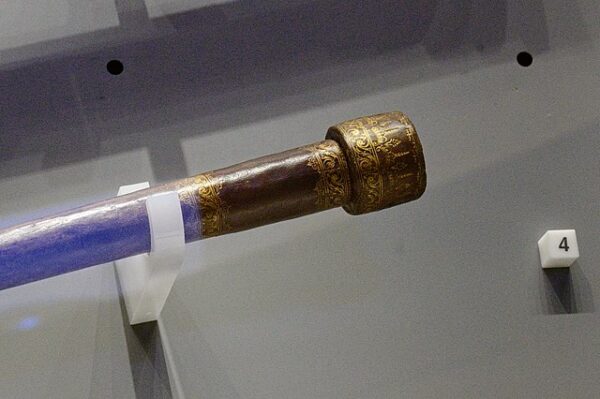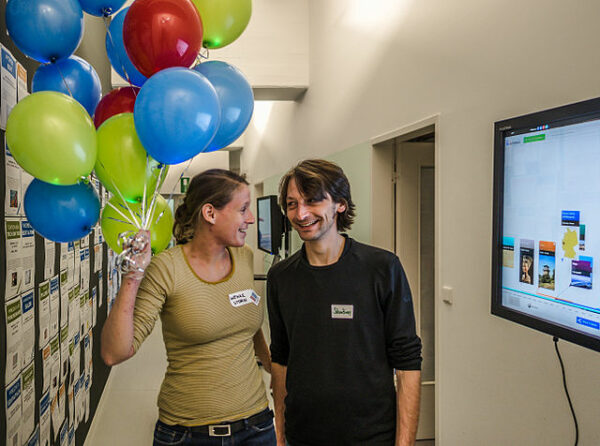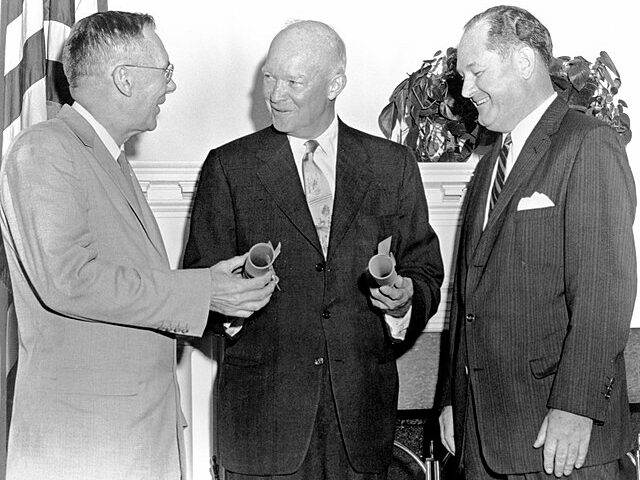On November 28, 1660, the first “learned society” meeting followed a lecture at Gresham College in London by Christopher Wren. Joined by other leading polymaths at the time, including Christopher Wren, Robert Boyle, John Wilkins, and Sir Robert Moray, the group soon received royal…
Read MoreThe Great Meteor Shower of 1833 was a spectacular celestial event that left a lasting impression on those who witnessed it. On the nights of November 12 and 13, 1833, the skies lit up across the United States. one of the most intense meteor…
Read MoreOn October 12, 1828, the suffering at Boston’s Children’s Hospital got a breath of fresh air by deploying the iron lung for the first time. In the annals of medical history, one invention stands as a testament to human ingenuity, a life-saving marvel known…
Read MoreOn September 26, 1905, Albert Einstein published the third and final portion of what’s been called the Annus Mirabilis papers, a collection of groundbreaking scientific papers that revolutionized the world of science and had a profound impact on our understanding of the universe. These…
Read MoreIn a year already crowded with photographic firsts, Sir John Herschel quietly added another milestone on September 9, 1839: the first successful image fixed on glass. The achievement, overshadowed at the time by the announcements of Louis Daguerre in Paris and William Henry Fox…
Read MoreOn August 25, 1609, the Italian astronomer and philosopher Galilei Galileo debuted something to Venetian merchants that would make him both a legend and a heretic–his telescope. The Guardian writes, “A refinement of models first devised in the Netherlands, Galileo’s slim, brown stick was puny…
Read MoreOn August 18, 1868, one of the most abundant gases in the universe was discovered. Though less common on Earth, the discovery of helium marked a significant milestone in the history of chemistry and physics and has been credited to two scientists who made…
Read MoreOn July 29, 1958, President Dwight D. Eisenhower signed the National Aeronautics and Space Act, establishing the National Aeronautics and Space Administration (NASA). This pivotal moment in history marked the beginning of a new era in space exploration and science, laying the groundwork for…
Read MoreOn July 14, 1960, a 26-year-old British woman named Jane Goodall arrived at the Gombe Stream Chimpanzee Reserve in Tanganyika (modern-day Tanzania), launching what would become one of the most significant and enduring studies of animal behavior in history. With no formal scientific training…
Read MoreOn May 28, 585 BC, an extraordinary event took place—an event so striking that it brought an ongoing war to a sudden halt. As two ancient armies prepared for battle under the Anatolian sky, darkness abruptly fell in the middle of the day. A…
Read More

